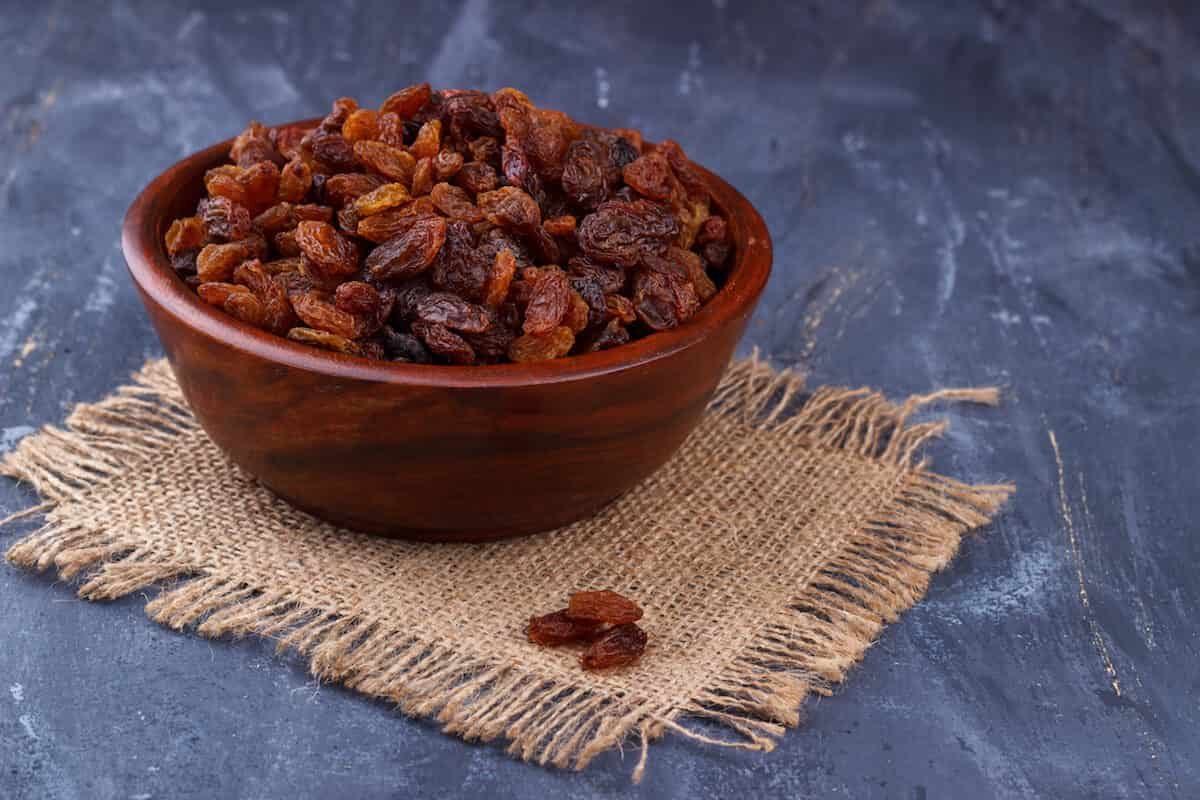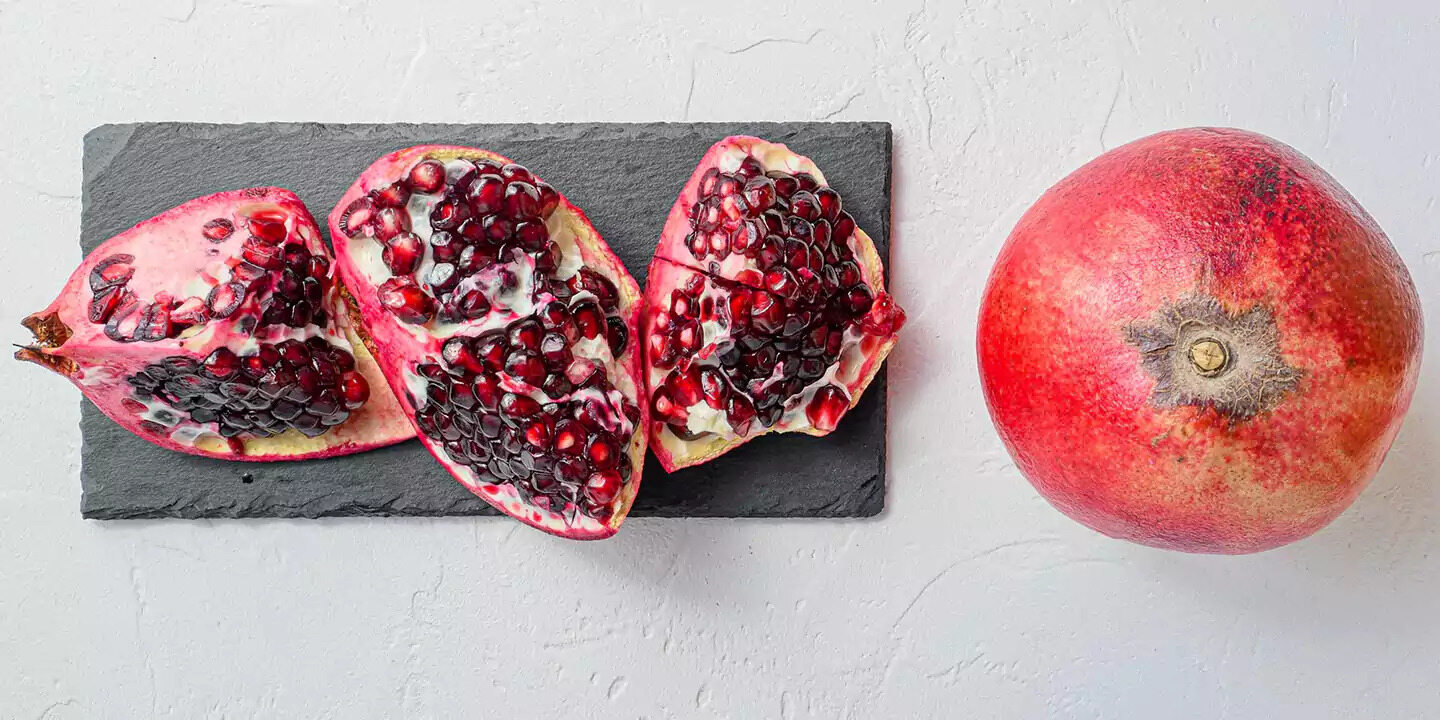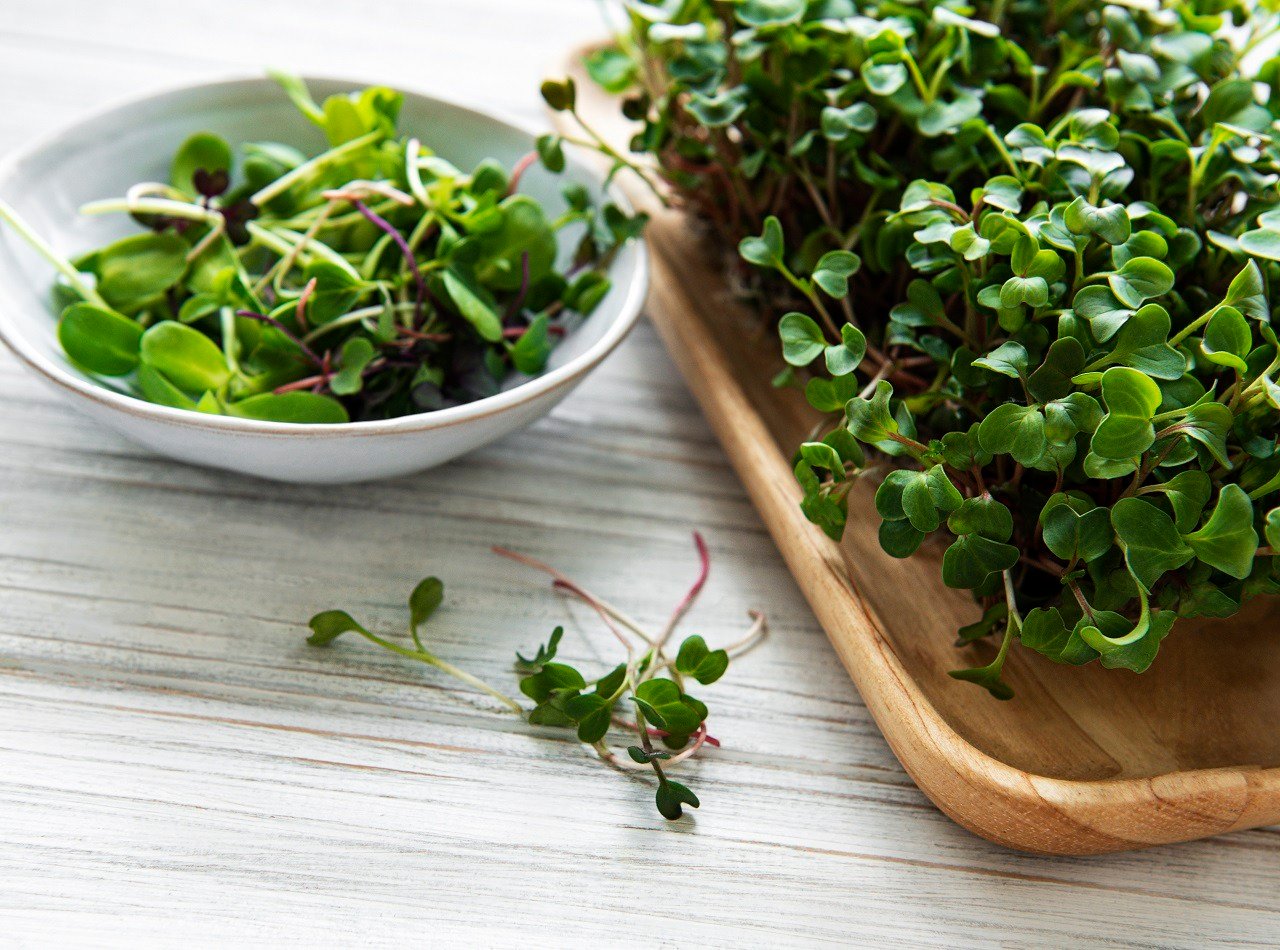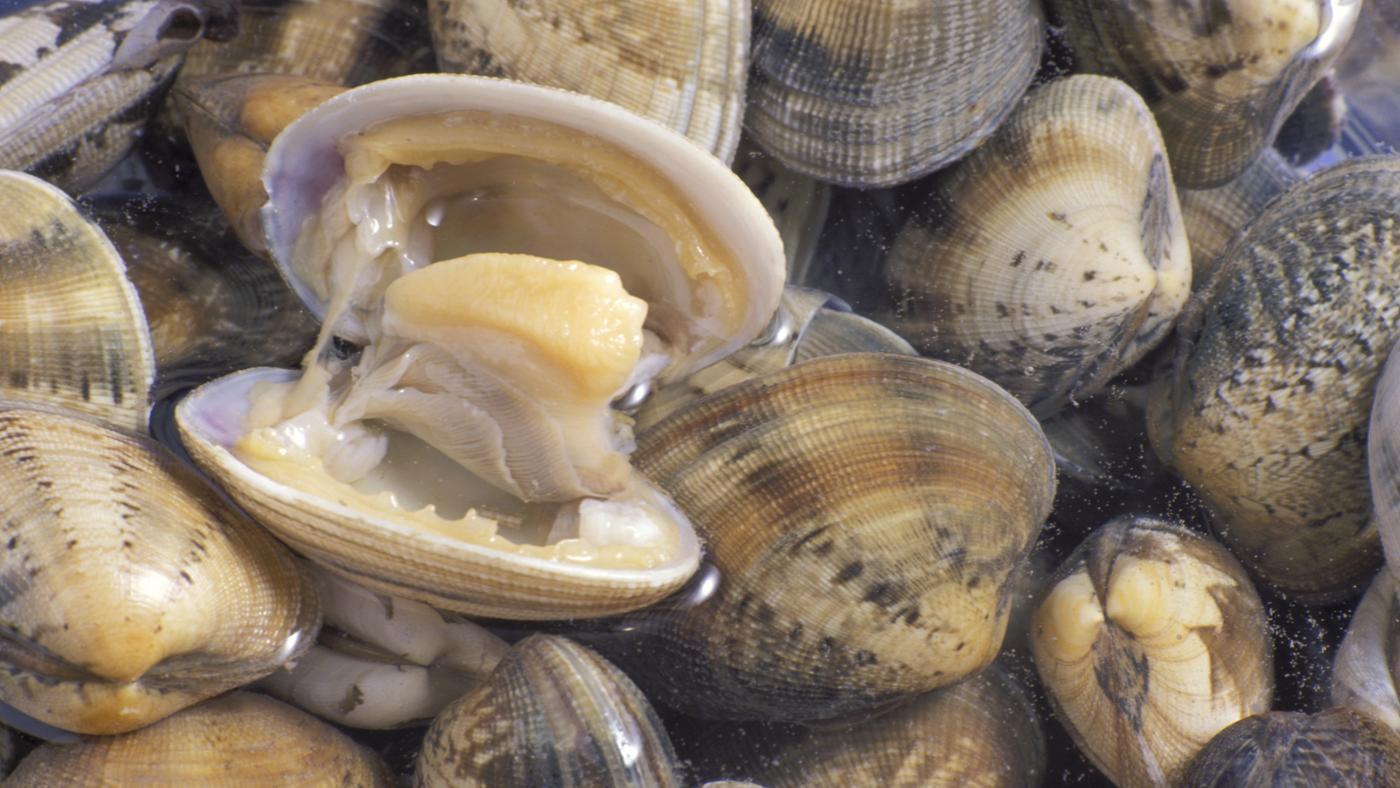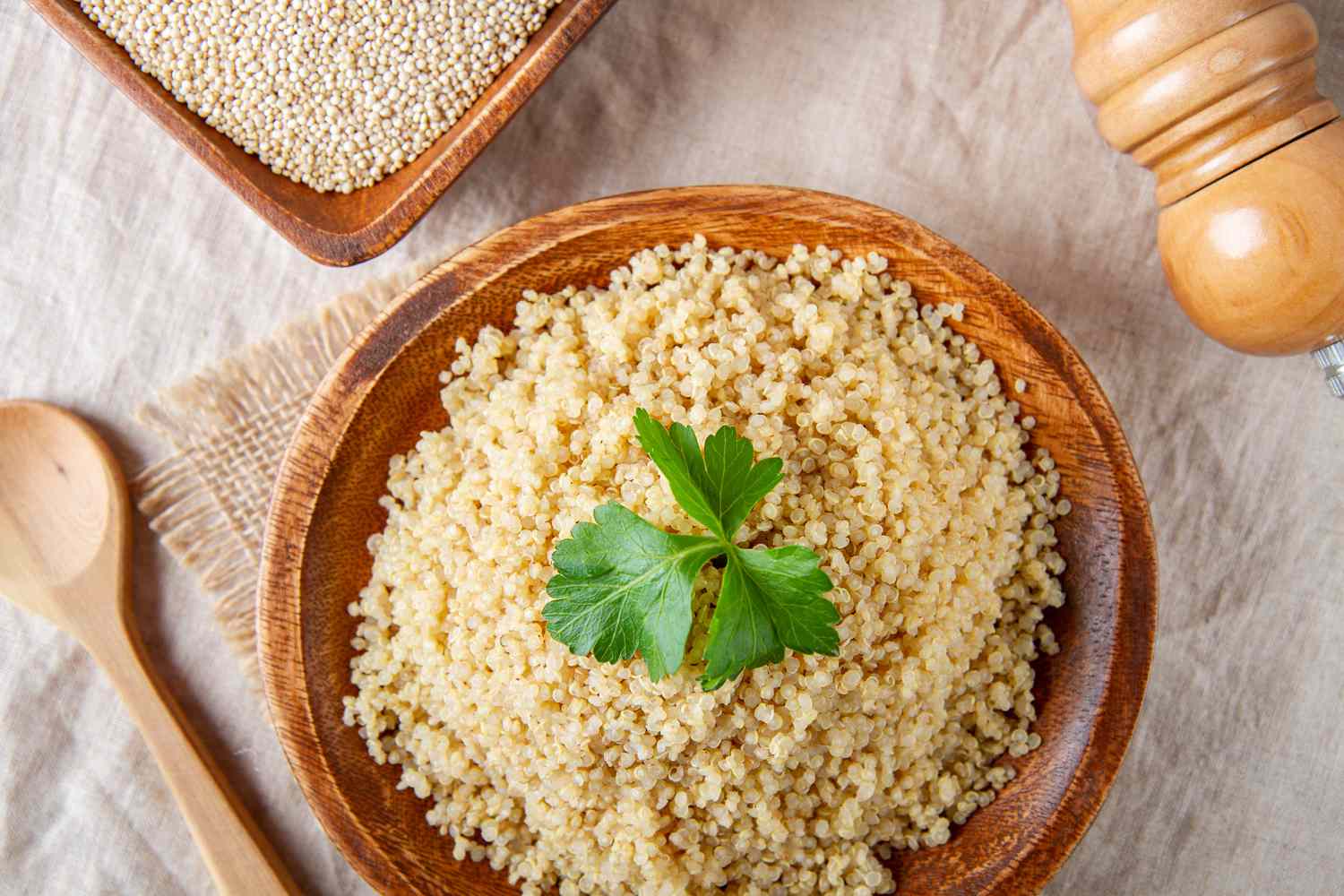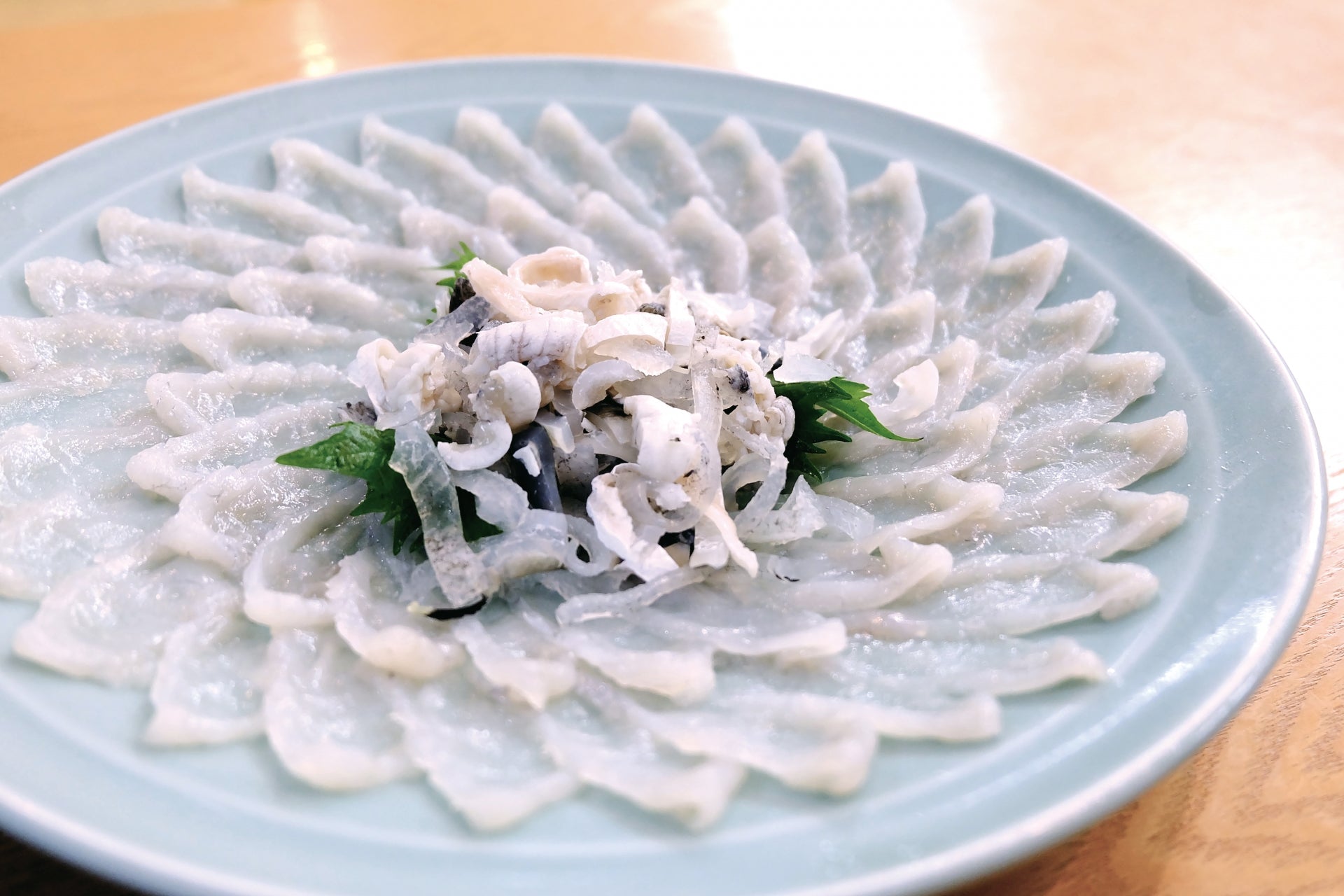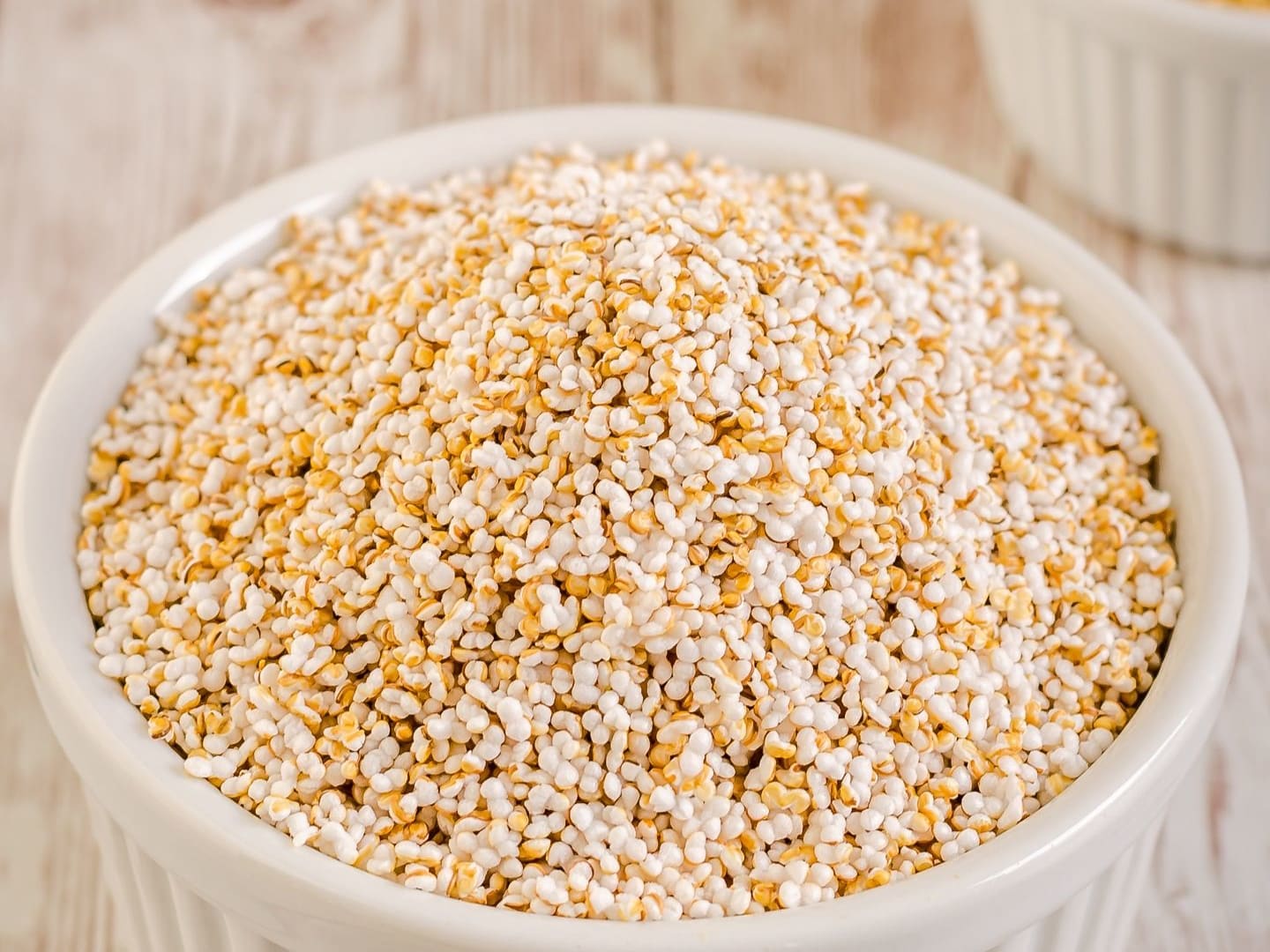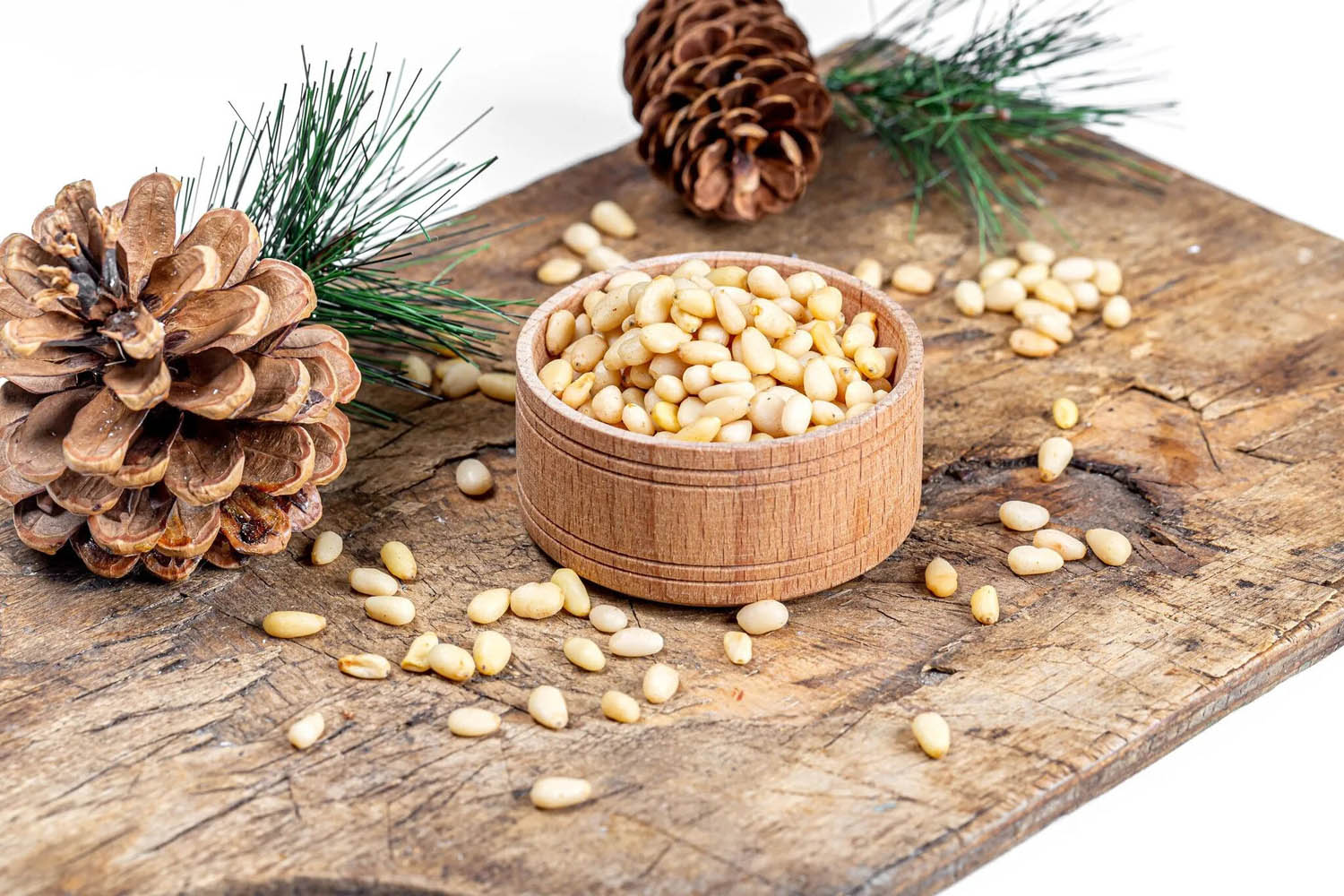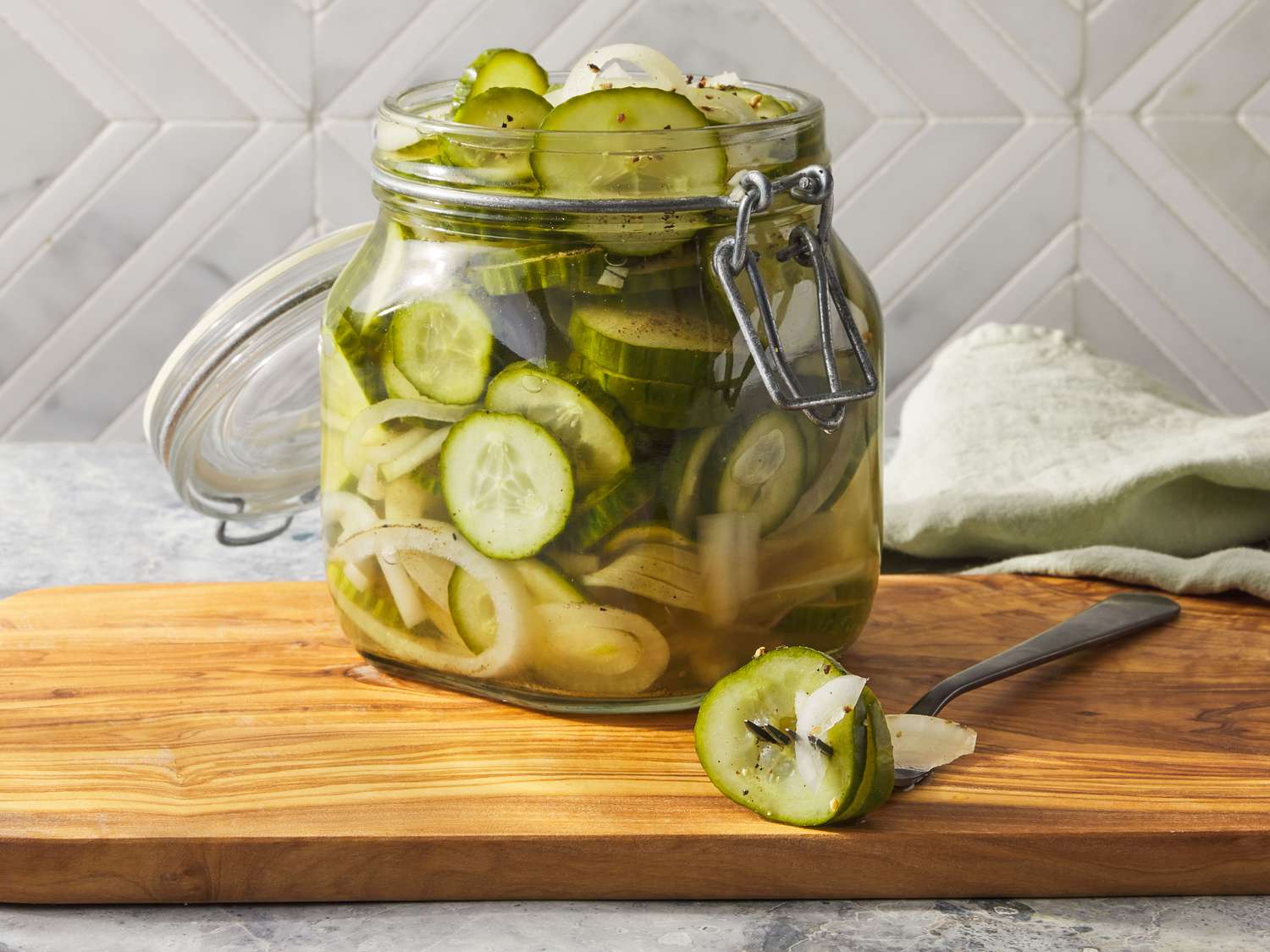Understanding Anemia and the Role of Raisins
Anemia is a condition characterized by a lack of healthy red blood cells in the body, leading to symptoms such as fatigue, weakness, and shortness of breath. It can be caused by various factors, including iron deficiency, vitamin B12 deficiency, chronic diseases, or genetic conditions. One natural way to help combat anemia is by incorporating iron-rich foods into your diet, and raisins are a delicious and nutritious option to consider.
Why Raisins Are Beneficial for Anemia
Raisins are a concentrated source of iron, a mineral essential for the production of hemoglobin, the protein in red blood cells that carries oxygen throughout the body. Additionally, raisins contain other nutrients such as vitamin C, which can enhance iron absorption, and copper, which aids in the formation of red blood cells. Including raisins in your diet can help boost your iron levels and alleviate symptoms of anemia.
Ways to Incorporate Raisins into Your Diet
There are numerous creative and enjoyable ways to consume raisins to help manage anemia. Here are some delicious ideas to try:
- Raisin Trail Mix: Create a custom trail mix by combining raisins with nuts, seeds, and a sprinkle of dark chocolate chips for a satisfying and iron-rich snack.
- Raisin Oatmeal: Stir a handful of raisins into your morning oatmeal along with a drizzle of honey for a sweet and nutritious breakfast.
- Raisin Smoothie: Blend raisins with frozen berries, spinach, and yogurt for a refreshing and iron-boosting smoothie that’s perfect for any time of day.
- Raisin Salad: Toss raisins into a green salad with mixed greens, nuts, and a tangy vinaigrette for a flavorful and nutrient-packed meal.
- Raisin Energy Bites: Mix raisins with oats, nut butter, and a touch of honey to create no-bake energy bites that are ideal for a quick pick-me-up.
Additional Tips for Maximizing Iron Absorption
While incorporating raisins into your diet can be beneficial for managing anemia, there are additional strategies to optimize iron absorption:
- Pair with Vitamin C: Consume raisins alongside foods rich in vitamin C, such as citrus fruits, bell peppers, or strawberries, to enhance iron absorption.
- Avoid Coffee and Tea: Refrain from consuming coffee and tea with meals, as the tannins in these beverages can inhibit iron absorption.
- Cook in Cast Iron: Utilize cast iron cookware for preparing meals, as this can increase the iron content of certain foods.
- Consider Supplements: Consult with a healthcare professional about the potential need for iron supplements to address anemia effectively.
Conclusion
When it comes to managing anemia, incorporating iron-rich foods like raisins into your diet can be a flavorful and effective approach. By exploring various ways to enjoy raisins and implementing strategies to enhance iron absorption, you can take proactive steps towards addressing anemia and promoting overall well-being.
More Delicious Ways to Enjoy Raisins and Boost Your Iron Intake
For those looking to combat anemia with the delightful sweetness of raisins, the array of recipes provided offers an exciting culinary journey. A must-try is the Heartwarming Raisin Oatmeal for a heartwarming start to the day, blending the iron-rich benefits of raisins with the hearty texture of oats. Another standout is the Spinach Raisin Citrus Salad, which combines iron from the spinach and the natural sweetness of raisins, making it a perfect blend of nutrition and taste. For a savory twist, the Savory Raisin Chickpea Curry offers a rich source of iron paired with the high protein content of chickpeas, ideal for a nutritious meal. Each of these recipes not only supports dietary needs but also pleases the palate with varied flavors and textures.
